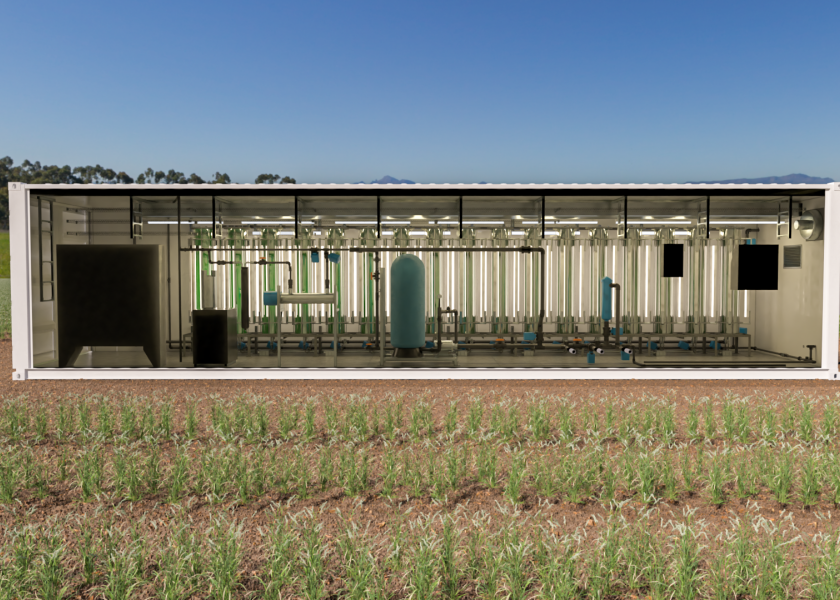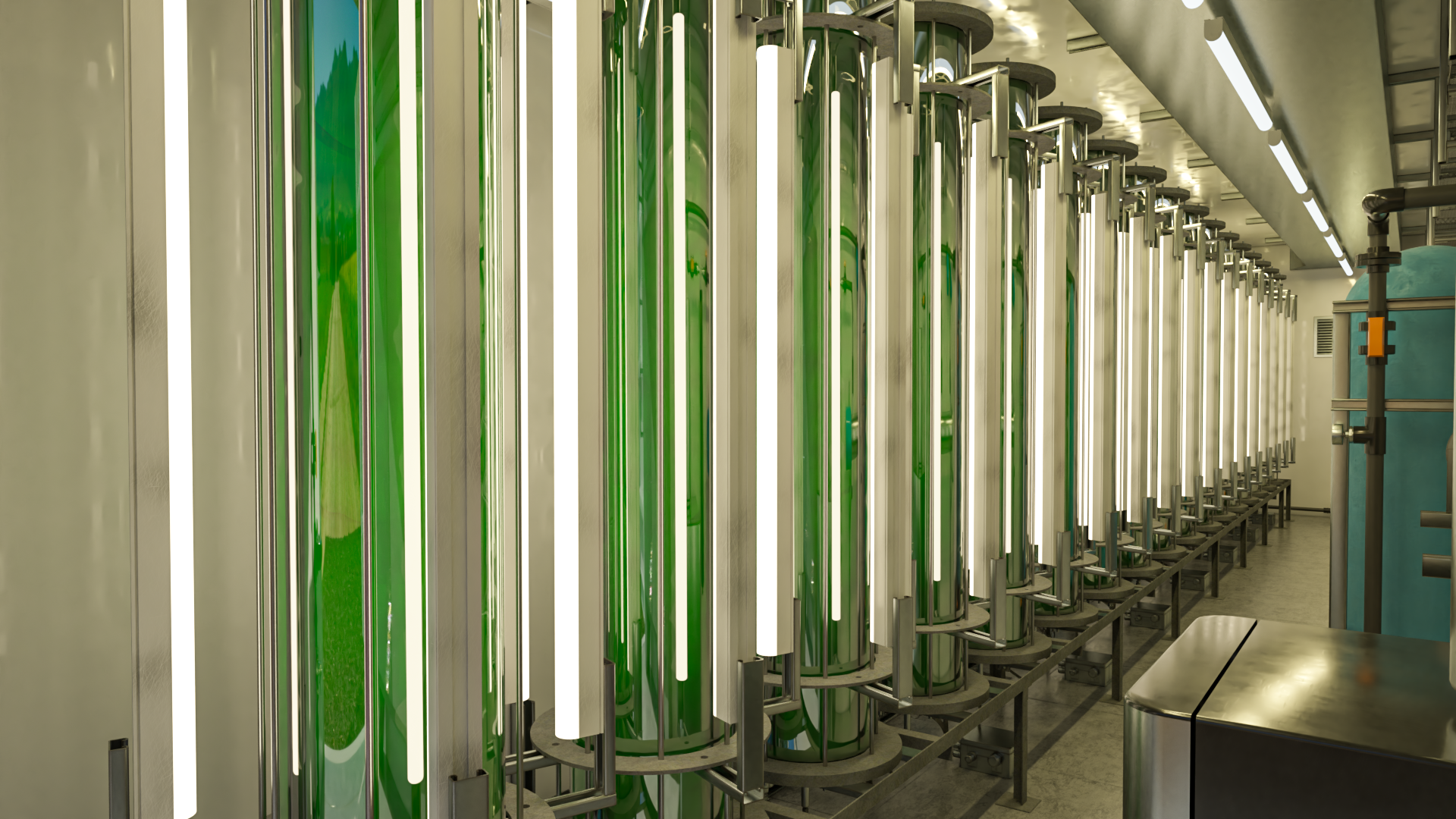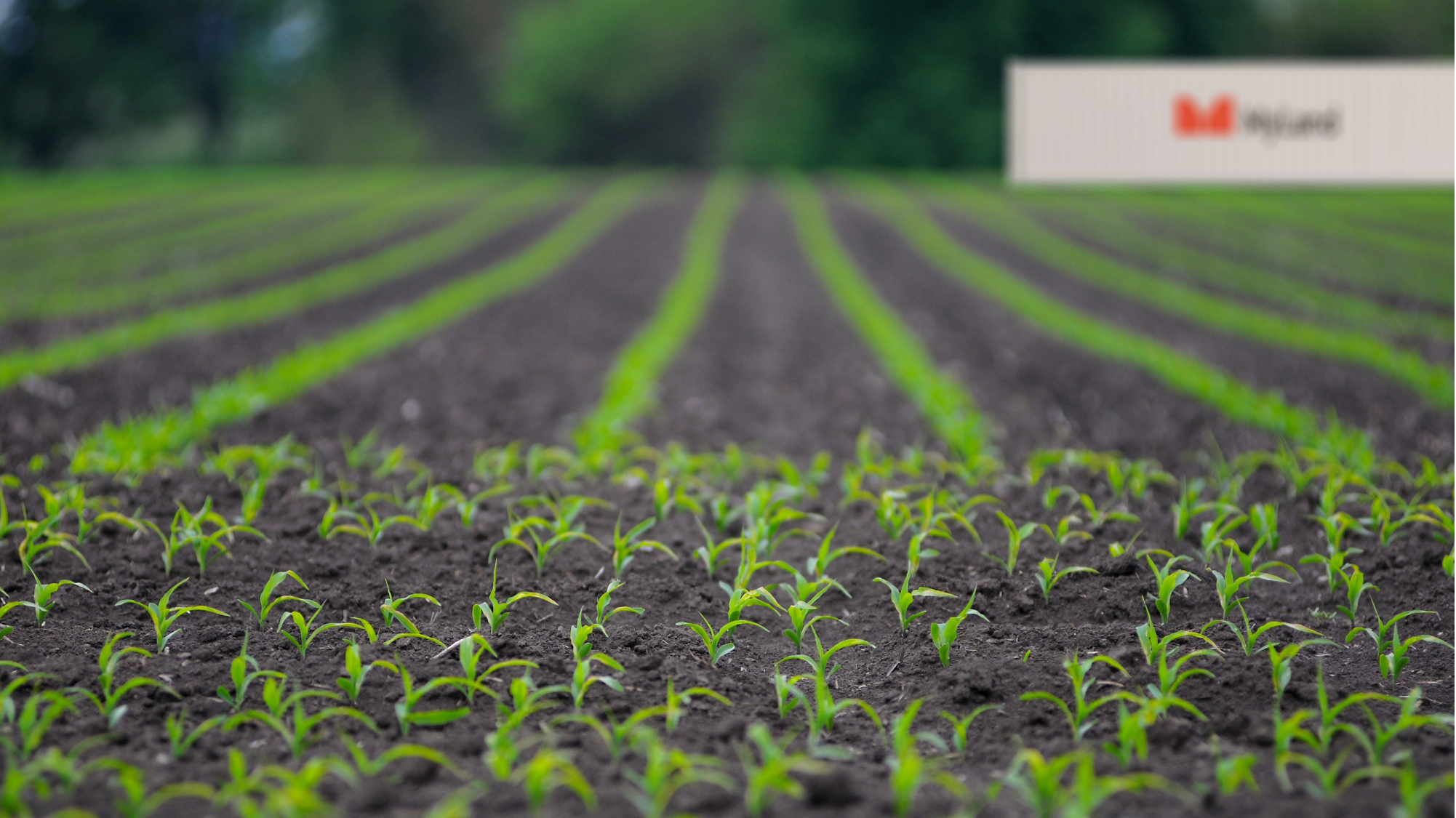Soil-As-A-Service Startup Aims to Reboot Land’s Natural Potential

MyLand is a startup in agriculture with a focus on amplifying the natural microorganisms within soil. Specifically, the company has a system that take soil samples from a farm, extracts native microalgae, reproduces those on-site, and then reintroduces the algae back into the field in mass quantities.
The company has recently completed a 10-week sales push to get one million acres under a letter of intent.
“Our goal is to be the center of gravity for soil health. This is the beginning of a mega trend of a shift to regenerative ag and a focus on soil health,” says Peter Williams, MyLand CEO.
The MyLand system has been in development since 2010, a second generation system was developed in 2014, and in 2018 the company had a commercial grade system.
“We’re very unique in what we do. We aren’t a product. We aren’t equipment. We are service based,” says Dane Hague, co-founder and president of MyLand. “We have a system we can put on any field depending on the dynamic of what someone is growing. And it’s a subscription model–they pay on a monthly basis. We may get three years down the line, and we’ll just swap out the technology if we have something new and better. That’s unique given what we’re doing.”

Its current setup includes a system that is placed on the field for on-site production of the farm’s native microalgae which is then applied through the current irrigation system on the field. The system is operated remotely from Myland’s headquarters.
The leaders say their platform is also unique because it’s not looking for a “super strain” of microalgae to apply, but rather taking the naturally occurring native algae.
“We have created the soil-as-a-service concept. This allows farmers to implement regenerative ag without upfront costs and without an overhaul of their operations. At a very low cost, they can implement this practice at scale,” Williams says.
The past six months have been highlighted with a successful capital fundraising and a minority equity stake taken in the company by Ag Growth International (AGI). As part of its agreement, AGI will collaborate on the installation of several MyLand systems on grain farms in North America.
Next on the company’s horizon will be flagship soil health centers in key geographies–Florida, California and Texas. The leaders say these facilities will be tools to increase interaction with farmers.
“Growers understand we aren’t changing the dynamics of their soil overnight. And that’s part of our conversation with them. Each grower’s circumstances are a bit different. We want to demonstrate we care about their most critical asset—the land,” Hague says.
As a success story, Williams shares an example of a grower in the desert soils of Arizona who increased organic matter from less than 1% to more than 3% over a three-year period.








